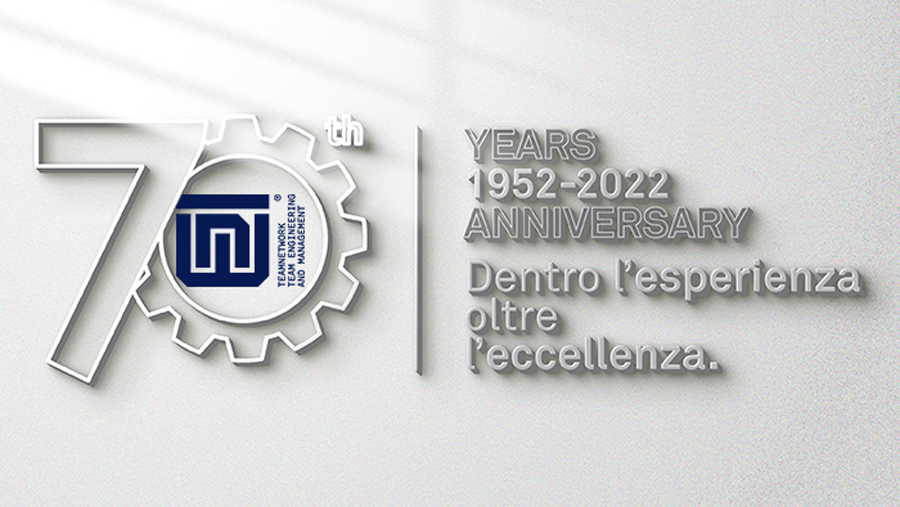
The proverb is a reflection on life and destiny. Ever since ancient tires, proverbs have attracted the interest of philosophers and scholars; Aristotle himself said that they were the guardians of philosophy. Sicily, with its countless collections of proverbs, ranging from those of the end of the 15th and 16th centuries to the more recent ones of the 19th century by the humanist- doctor, Giuseppe Pitrè, who collected more than thirteen thousand, could be considered the cradle of proverbs, but in actual fact popular sayings have no homeland; indeed, one of their main characteristics is that they adapt to social, territorial, historic and linguistic circumstances and effectively exist in every country and in every language. Proverbs can be said to have always existed and literature all over the world





